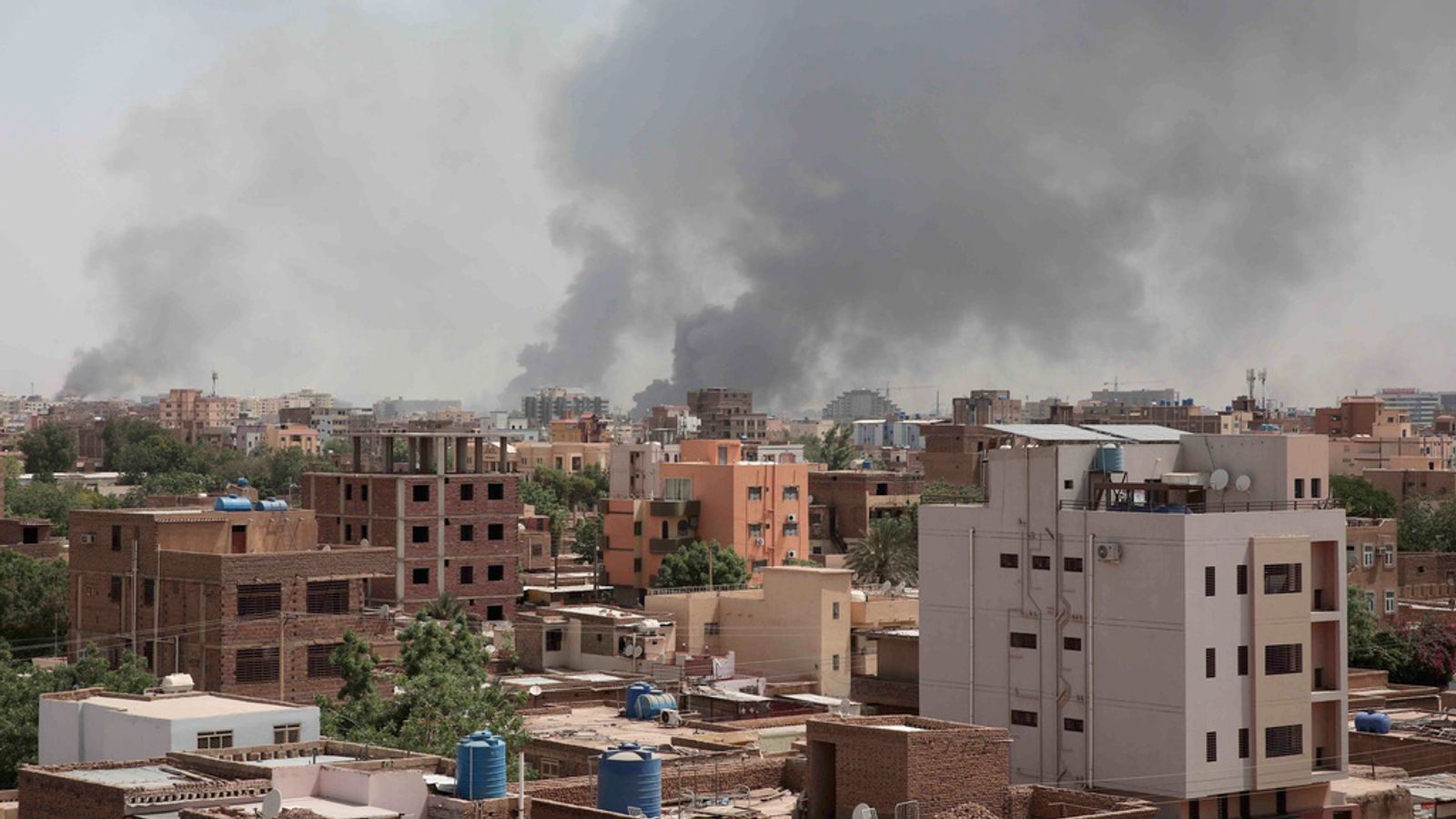Sudan waits to see how high the price of peace will be
There are no heroes in this story.
Both the army and Rapid Support Forces (RSF) have been responsible for committing atrocities against civilians. Hundreds have been killed since the 2019 revolution and many more injured.
Now, the power pact that brought the two sides together to consolidate state power in the face of a pro-democracy movement has crumbled and Sudan’s citizens are once again caught in the crossfire.
Nowhere has this been felt more than in Darfur.
The RSF is made up of militias that terrorised civilians in the Darfur conflict that started in 2003 and is headed up by Mohamed Hamdan Dagalo, known as Hemedti.
During the post-revolution period, Hemedti has been de-facto vice president to his current opponent commander-in-chief Abdel Fattah al-Burhan.
Since 2020, Hemedti’s troops have been officially charged with maintaining Darfur’s security. In this time, hundreds have been killed in communal clashes and border incursions with the Central African Republic.
At least 22 civilians have been killed in the southern Darfuri city of Nyala where the RSF has full control of the airport.
Darfur Monitors told Sky News from the ground that a majority of the casualties died of internal bleeding from stray artillery as the army and RSF fought for control.
Nyala’s main hospital currently has no electricity and little capacity to help the wounded. Fighting has started in a strategic point in the city where residents are most vulnerable and hundreds more could be killed.
The death toll from Khartoum is also steadily rising. The capital is a key battleground in the fight for symbolic power and is shaken by the explosive confrontations. Here, the army is also notorious for human rights abuses and ruling the country by default.
The streets of Khartoum have been home to mass protests calling for an end to military rule and transition to civilian authority – only to be dispersed with deadly gunfire and tear gas.
International mediation has come for all sides – the UN, UK, US, EU, African Union (AU) and Intergovernmental Authority on Development (IGAD) – to transition the country into democracy but drafted power-sharing framework agreements have been signed, although not sustained.
Now, the country waits to see which side will emerge victorious and how high the price of peace will be.
